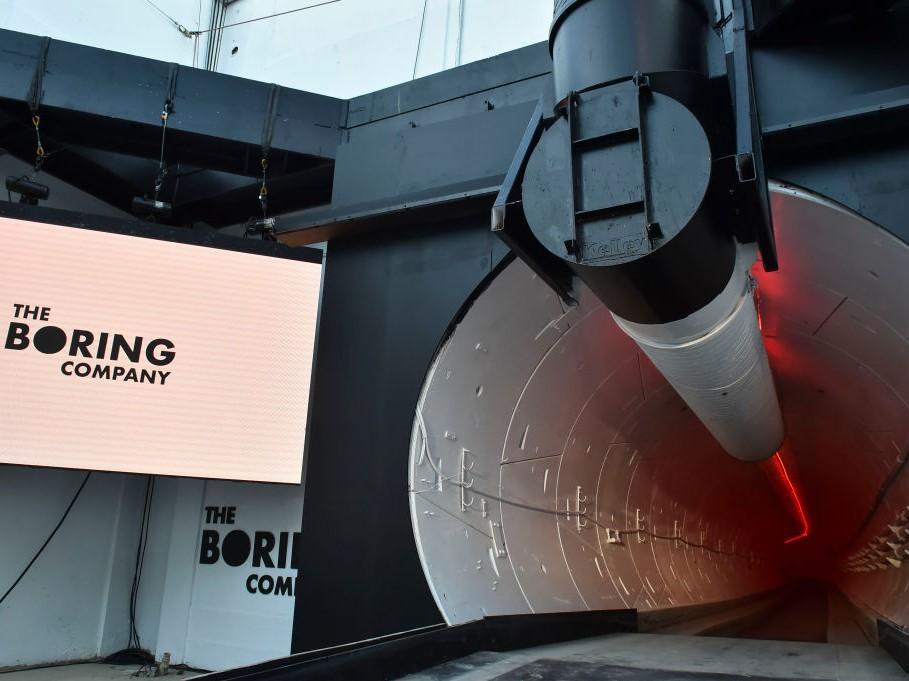Elon Musk says Boring Company may dig new 100km CERN collider
CERN's Future Circular Collider could help unlock some of the secrets of the universe

Elon Musk has been approached to dig a brand new particle collider that would stretch for 100km under Geneva in Switzerland, the serial entrepreneur has revealed.
The Future Circular Collider (FCC) – would replace the Large Hadron Collider (LHC) to further push forward our understanding of the universe.
The European Organisation for Nuclear Research, known as CERN, published a design report for the collider last week, revealing plans for a structure that is almost 4-times longer than its predecessor at a cost of €24 billion (£21.2bn).
As the co-founder of the tunnel-digging firm The Boring Company, Mr Musk claims he could cut several billion euros from this bill. On Monday, he tweeted that the director of CERN asked him about the possibility of employing his tunnel-digging firm.
"Director of CERN asked me about Boring Co building the new LHC tunnel when we were at the @royalsociety," he tweeted. "Would probably save several billion Euros."
CERN's report, which involved 1,300 contributors from 150 universities, estimated the cost of the tunnel digging to be €5 billion.
If given the go-ahead the FCC would be up and running by 2040, according to the five-year report.
"The FCC conceptual design report is a remarkable accomplishment," CERN director-general Fabiola Gianotti said in a statement that accompanied the report's publication.
"It shows the tremendous potential of the FCC to improve our knowledge of fundamental physics and to advance many technologies with a broad impact on society."
A spokesperson for CERN confirmed to The Independent that Mr Musk met with Mr Gianotti in July 2018 and had an "informal brief discussion" on the possibility of a tunnel dug by The Boring Company.
"In view of projects for future larger accelerators, CERN is indeed open to new, cost-effective technologies that could lead to their implementation, including the tunnels that will be needed," the spokesperson said.
"That said, please note that we are not starting to dig a tunnel anytime soon."
The Boring Company is yet to dig a commercial tunnel, though is currently in discussions with the City of Chicago to build an underground transport system to conncet the city centre with O'Hare International Airport.
The company unveiled a test tunnel in December in Hawthorne, California, which Mr Musk claims could be the first part of a "Loop" network under Los Angeles.
Mr Musk, who describes The Boring Company as a "sort of hobby company", has previously said the equipment used can reduce tunnel-digging costs and times by a factor of 10 or more.
“In typical tunneling projects, excavated dirt is shipped offsite to disposal locations,” the firm’s website states.
“This process is costly, time-consuming, noisy, and can be environmentally hazardous. The Boring Company has developed technologies to recycle the earth into useful bricks to be used to build structures.”
Join our commenting forum
Join thought-provoking conversations, follow other Independent readers and see their replies
Comments
Bookmark popover
Removed from bookmarks